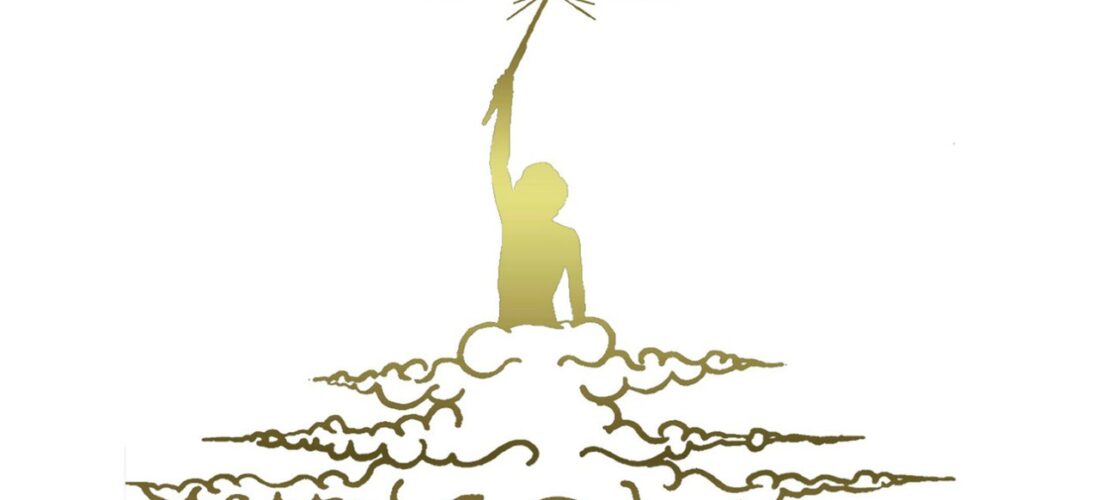It’s a typical scene in Marin County, the affluent expanse north of San Francisco where countless hippies settled down after the Summer of Love. Iasos leans on a deck railing as a bountiful Northern California landscape sweeps behind his lanky frame and Bob Ross perm. A trombone and mute rest beside him. Every now and then the man lets out a high-pitched giggle, not unlike Tom Hulce’s Mozart in Amadeus: appropriate given that the film spoke of Mozart’s talent as divine, and this man is steadfastly convinced that the music in his head was beamed there by an angelic, inter-dimensional entity named Vista. “I feel honored that I’m working with him,” he titters, elated as a Rolling Stone on his way back from a session with Muddy Waters.
Iasos is being interviewed for a 1979 documentary by students at Marin College, four years after his debut, Inter-Dimensional Music, one of the first albums to pair new age philosophy with the glittering, celestial style of music that would soon come to bear the same name. The term initially referred to a set of unrelated movements that believed in a coming new age of spiritual enlightenment and human development—influenced by various Eastern philosophies, turn-of-the-century spiritual ideas like Theosophy, and 1950s UFO religions—many of which gained traction among the post-hippie milieu that had recently migrated to Marin. If you can sit through the Iasos interview without your eyes glazing over, you’ll hear a lot of these threads converge.
Even his best friends never learned his real name, which was not made public until after his death last year. Those friends recall a happy and jocular man who wasn’t always easy to meet on an earthly plane of conversation. “Let’s put it this way,” said one friend decades later. “I cannot imagine anybody less likely to come to a Super Bowl party than Iasos.”
Iasos was born in 1947 in Greece to Jewish parents. His father was the only one on his side of the family to survive the Holocaust. When Iasos was four, his family moved to upstate New York, where he eventually attended Cornell University, playing in a bossa nova group called the Nova Shadow Quartet. Around this time, he started hearing what he called “paradise music” in his head, whose origin he could not trace and which he lacked the means to realize. After consulting with a psychic, he decided the music came from Vista, the Elohim of the Fifth Ray, whom he compared in interviews throughout his life to an “older brother.”
